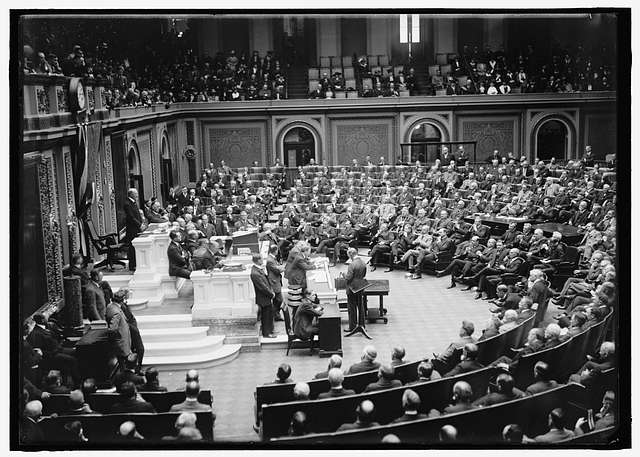Industry News
De Minimis Entries in Congressional Sights
TweetJun. 20, 2023
By:
Pietro N. Bianchi
Congressional concerns about de minimis entries into the United States are not new, with animated discussions as to whether de minimis entries constitute a “loophole” for goods imported from China. As currently written, the de minimis provision allows shipments valued under $800 to enter free of duty and any tax imposed on imports, with reduced reporting requirements to Customs and Border Protection. However, in June bills were introduced separately in the House and Senate to change the way de minimis entries are handled.

The House bill reintroduced by the House Ways and Means Committee would eliminate de minimis entries with a country of origin or being shipped from a non-market economy included on the priority watch list. China (not surprisingly) is such a country. Permitted de minimis shipments would require the following information to be provided on entry: a description of the article; an HTSUS classification; a country of origin; country from which the article is being shipped; identity of shipper; identity of importer; and the value of the goods. The bill would impose a civil penalty for false data submissions in the amount of $5,000 for the first offense and $10,000 for subsequent offenses. While this is, perhaps, a 7501-lite, it is a substantial amount of data for non-Chinese de minimis entries.
Simultaneously, a bill was proposed in the Senate specifically banning de minimis entries from China and Russia. The bill also proposes to ban de minimis entries on imports from countries that have violated the Uyghur Forced Labor Prevention Act; have had transshipment from countries ineligible for de minimis; have exported counterfeits; or are a Tier 3 country under the State Department's Trafficking in Persons report. The bill further proposes that the de minimis exclusion amount be adjusted to consider other countries’ de minimis treatment of U.S. shipments and value-added tax rate on imports. All amounts received because of the bill would be placed into an account to facilitate re-shoring or near-shoring of manufacturing from China to the U.S.
The House and Senate bills are not coordinated. Each bill proposes substantially different criteria for modifying de minimis shipments. However, both bills address similar concerns: addressing forced labor and the unfair trade practices of China. Since both bills are bipartisan, you can expect Congress’ concerns to be addressed soon. One way or another, de minimis shipments, particularly of Chinese-origin goods, are very likely to be impacted.
If you have questions about de minimis entries or strategies to minimize the impact of these changes on your business do not hesitate to contact an attorney at Barnes Richardson, & Colburn LLP.
